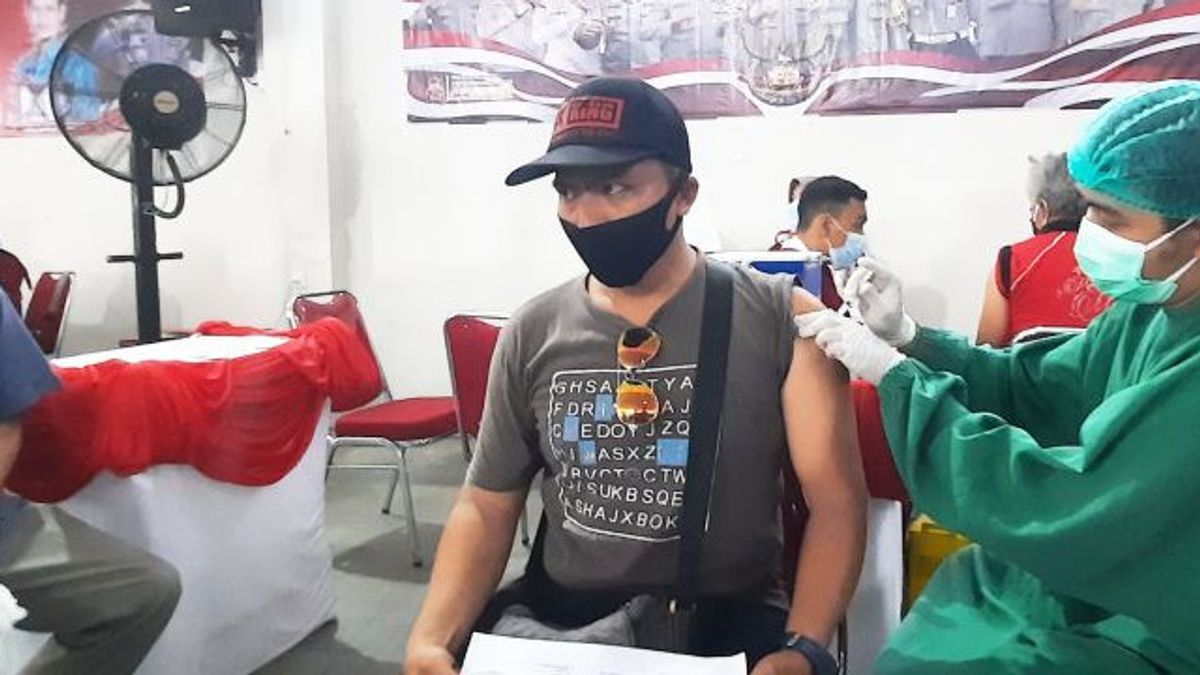JAKARTA - The government is asked to maximally prevent the spread of the Omicron variant of COVID-19 before the transmission gets out of control. Because, this variant has a high level of spread.
"The government must slow down the rate of spread of this Omicron variant by controlling population mobility and strengthening the discipline of health protocols which are now getting slack," said member of the Lambung Mangkurat University (ULM) Expert Team for the Acceleration of Handling COVID-19 Hidayatullah Muttaqin in Banjarmasin, as reported by Antara, Friday, January 28.
The spike in COVID-19 in Indonesia in recent days is very worrying. The rapid development of the daily confirmed case numbers indicates the transmission speed of the Omicron variant.
He referred to data from the Ministry of Health in the last two days, daily confirmed cases increased 1.7 times to 8,077 people. Confirmed cases during January 1-27 have also reached 7.4 times the number of cases in December 2021.
According to him, controlling population mobility needs to be carried out without having to wait for the COVID-19 situation assessment to be at PPKM levels 3 and 4. Likewise, the implementation of face-to-face learning (PTM) needs to be reviewed.
"Because what we need now is mitigation measures, namely preventing the spread of the Omicron variant before its transmission gets out of control," he said.
On the other hand, Muttaqin regretted the slow pace of vaccination. If the national vaccination rate in December 2021 averages 804,000 injections per day for dose 1 and 542 thousand injections for dose 2, in January 2022 it will decrease to 611 thousand injections for dose 1 and 406 thousand injections for dose 2.
Vaccination data as of January 25, 2022 shows the realization of complete dose vaccination for the elderly has reached 47 percent of the target. So that there are more than 6 million elderly who have not received any vaccinations at all and about 5.4 million elderly have only received one vaccine injection.
"The risk of the elderly is getting higher because many of them have comorbidities," he said.
Meanwhile, PTM is still ongoing in all parts of Indonesia, he said, increasing the risk to children. The number of elementary school (SD) students this semester is around 18.3 million students.
Meanwhile, the first dose of vaccination was 14.2 million children and the complete vaccination of children had only reached 2 million people.
"The rough calculation is that only 11 percent of elementary school students have received complete vaccinations. This is quite vulnerable to being a threat of COVID-19 transmission brought by children as carriers," he said.*
The English, Chinese, Japanese, Arabic, and French versions are automatically generated by the AI. So there may still be inaccuracies in translating, please always see Indonesian as our main language. (system supported by DigitalSiber.id)













